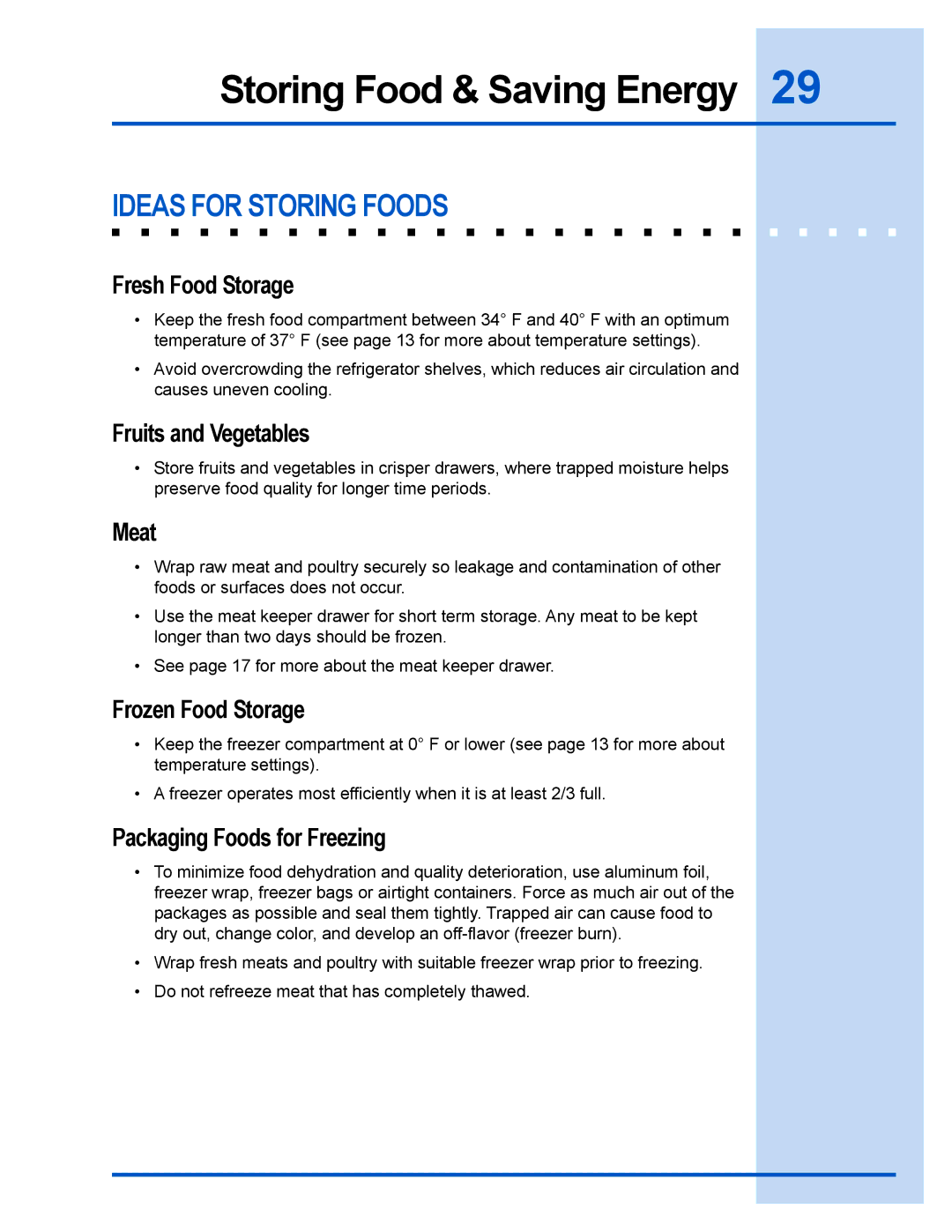241540101 specifications
The Frigidaire 241540101 is a high-quality evaporator fan motor designed specifically for various refrigerator models. This essential component plays a crucial role in the effective functioning of your refrigerator, ensuring that cold air circulates throughout the appliance to maintain optimal temperatures.One of the main features of the Frigidaire 241540101 is its strong construction, which ensures durability and long-lasting performance. The motor is designed to be robust enough to handle the demands of continuous operation, making it an ideal replacement part for those looking to restore their refrigerator's efficiency. With dimensions that are precisely engineered to fit most models, installation of the fan motor is straightforward, allowing users to tackle repairs without the need for professional assistance.
In addition to its sturdy build, the Frigidaire 241540101 utilizes advanced fan technologies that optimize air circulation. The motor is designed to operate quietly, minimizing noise and ensuring that your kitchen remains a peaceful sanctuary. This quiet operation does not come at the cost of performance, as the motor is engineered to move air effectively, preventing temperature fluctuations that could affect the quality of stored food.
Another significant aspect of the 241540101 is its energy efficiency. This fan motor is designed to consume minimal power while maintaining optimal airflow, allowing homeowners to save on energy bills over time. An efficient evaporator fan motor reduces the strain on the refrigerator’s compressor, which can prolong the lifespan of the appliance and enhance its overall performance.
The Frigidaire 241540101 is also designed with user-friendliness in mind. Clear installation instructions are often provided, and the motor is compatible with a wide range of Frigidaire refrigerator models, making it a versatile option for many homeowners. Its reliable operation ensures that users can have peace of mind knowing that their refrigerator is functioning optimally.
In summary, the Frigidaire 241540101 evaporator fan motor is a vital component that combines durability, efficient performance, and quiet operation. With its user-friendly design and energy efficiency, it stands as a reliable choice for anyone looking to maintain the integrity of their refrigerator. Whether you are a DIY enthusiast or just looking for a dependable part to keep your appliance running smoothly, the Frigidaire 241540101 is an excellent investment.

